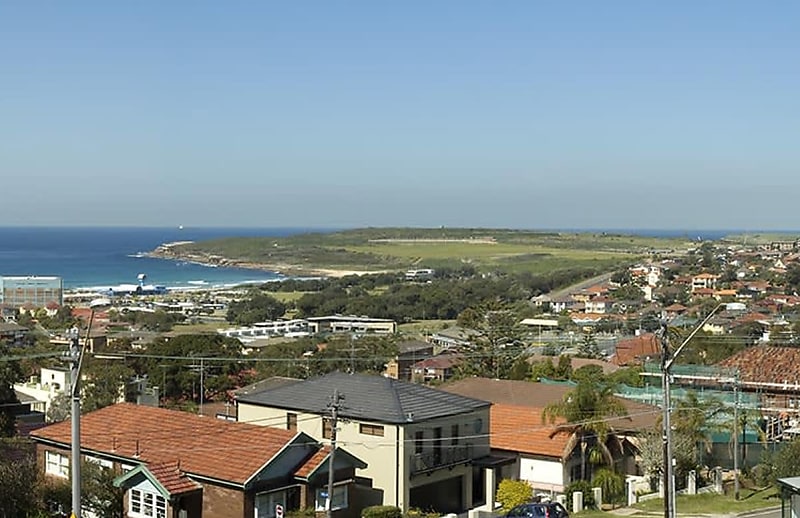Accountant fails to overturn $19k land tax bill for asbestos-filled home
TaxAn accountant has failed to secure a land tax exemption for his Maroubra property after arguing that asbestos and general disrepair had prevented him and his family from moving in.

The Civil and Administrative Tribunal has declined to overturn a $19,782 land tax penalty after its owner, a Maroubra-based accountant, argued for an exemption.
The owner claimed that he was eligible for a principal place of residence (PPR) land tax exemption as he had intended to use the property as his primary residence following renovation works, but was unable to do so due to risks to his infant child’s safety.
He purchased the property in June 2021 and leased it to tenants in August 2021. In February 2022, the tenants vacated the property, and the owner sold the property in April 2023, without having occupied it.
The owner submitted that the property was not suitable for habitation for a small child due to aged and unsafe electrical wiring, asbestos, mould, inadequate plumbing, trip hazards and general disrepair.
He argued that the property’s safety concerns, with respect to his infant daughter, had been "paramount" to his decision not to immediately move into the Maroubra property. He contended that "the law should not penalise such caution" by failing to give him a PPR exemption.
Under the Land Tax Management Act 1956 (NSW) (LMTA), owners of unoccupied land could be entitled to claim it as their principal place of residence – and thus be exempt from land tax – if they intended to live there, and were carrying out building or other works necessary to make the property liveable.
The PPR exemption was only applicable in cases where the owner had lived in the property at some point in time.
Furthermore, the exemption only applied for four years immediately after purchase. Alternatively, if the land was occupied by another person before the commencement of building or works, it would apply for the four years after they ceased to occupy the land.
In this case, the Chief Commissioner of State Revenue argued that the property became unoccupied in February 2022, and thus the concession would only apply for the 2023, 2024, 2025 and 2026 tax years. As such, they found the owner to be liable for land tax in the 2022 tax year.
They also found that the owner had not used or occupied at any time from the date of purchase in June 2021 until it was sold in April 2023, meaning that the PPR exemption for the 2022 and 2023 tax years did not apply to the property.
The Commissioner assessed the owner for land tax for the 2022 and 2023 tax years, respectively, of $9,188 and $10,302.
The Commissioner also contended that the owner did not occupy the property because he sold it in the 2023 tax year, not due to the presence of asbestos. It added that, at the time of sale, the owner had three years to resolve the asbestos problem through targeted removal, a knockdown-rebuild, or by leaving it undisturbed.
The court upheld the $19,782 land tax bill, finding that the owner’s failure to occupy the land at any time waived any entitlement to PPR land tax exemptions.
“If the relevant property is not actually used and occupied by a person as the person's PPR on a taxing date, the PPR exemption is revoked,” court documents noted.
“In other words, the owner of land must actually use and occupy their property as their PPR for at least six months commencing within the four tax years immediately following the year in which they became the owner of the property in order to retain the benefit of the PPR exemption in that period.”




